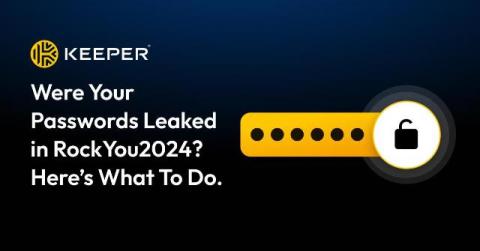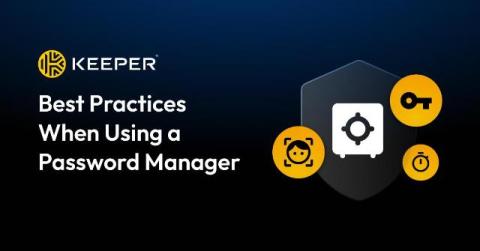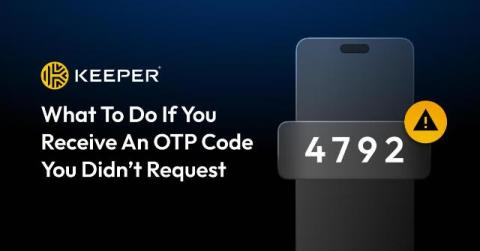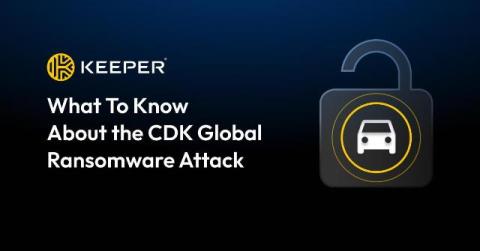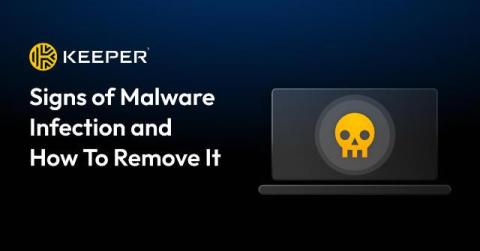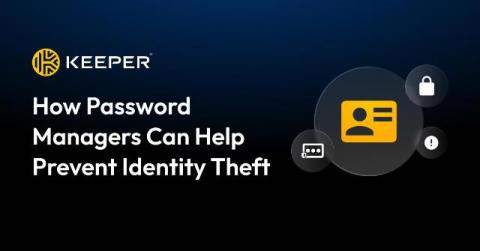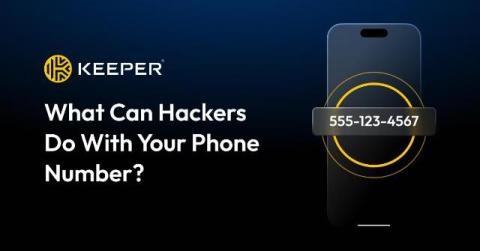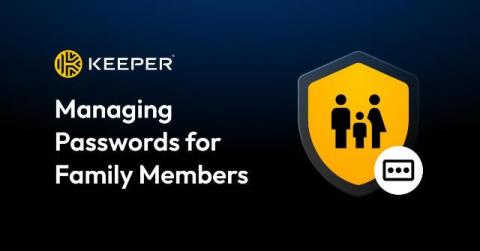Were Your Passwords Leaked in RockYou2024? Here's What To Do.
If your passwords were exposed in the RockYou2024 leak, you should immediately change them, set up Multi-Factor Authorization on your account and monitor your account for suspicious activity. RockYou2024 is now the largest password leak to date, with almost 10 billion passwords revealed on a popular hacking forum. Due to the magnitude of this leak, many people around the world are concerned for their online safety.


